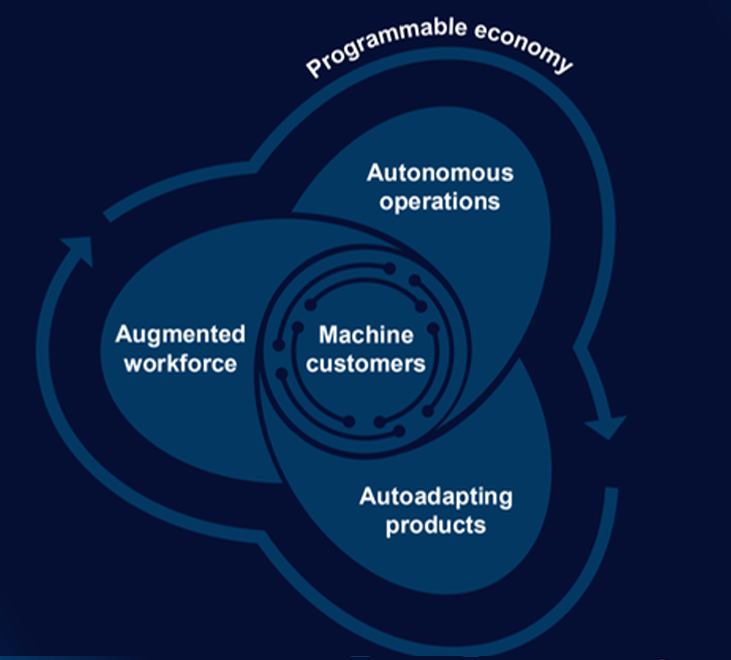Highlighted posts

How Enterprise Architects can get more support for technology led innovation
Enterprise Architects are increasingly vital as guides for technology-led innovation, but they often struggle with obstacles like siloed teams, misaligned priorities, outdated governance, and unclear strategic value. The blog outlines six core challenges—stakeholder engagement, tool selection, IT-business integration, security compliance, operational balance, and sustaining innovation—and offers a proactive roadmap: embrace a “fail fast, learn fast” mindset; align product roadmaps with enterprise architecture; build shared, modular platforms; and adopt agile governance supported by orchestration tooling.
Team Calibo, June 18, 2025
Read more
The Road to Autonomous Business: agentic AI, data, and the top technology trends for 2025–2026
CIOs and CTOs are moving to outcome-first execution with agentic AI. Learn the “data hourglass” bottleneck and the data fabric + metadata foundation for autonomy.

What if every business unit could build safely with guardrails?
What if every business unit could ship new ideas weekly — without sneaking around IT, without bypassing controls, and without creating tomorrow’s incident report?

Davos 2026: Why AI Adoption Still Falls Short and What Truly Drives Enterprise Scale
By Raj Vattikuti, Chairman and Founder, Calibo TL;DR: Enterprises don’t lack AI ambition or experimentation. They lack a trusted, practical path from experimentation to production. AI scales when businesses can experiment safely in a governed sandbox, deliver bite-sized use cases, and move proven intelligence into production in an automated way—with trust and governance built in. Key takeaways As global leaders…

From use case chaos to control: Digital innovation framework and governance in Calibo
Most CIOs don’t struggle to generate ideas—struggle to prioritize them. This blog explains how structured governance and approval workflows—anchored in Calibo’s Digital Innovation Framework—bring order by standardizing evaluation, embedding controls, and aligning stakeholders. The outcome is a transparent, repeatable innovation pipeline that helps enterprises move faster, reduce risk, and focus investment on what matters most.

How to fast-track prototypes to production
Organizations can build prototypes quickly, but turning those early experiments into reliable, production-ready solutions is where most teams stall. This article breaks down the core practices for fast-tracking prototypes to production—from defining success upfront and strengthening data foundations to applying agile methods with governance guardrails; so, your POCs don’t die but scale into real business impact.

Fast-tracking data initiatives from prototype to production – Part 1
Summary This blog will go through four core solutions for scalable innovation. Most data and AI pilots end up in the “POC graveyard,” never scaling to production or delivering ROI. The problem isn’t the technology—it’s the lack of strategy, data readiness, ownership, and focus. Common pitfalls include unclear success metrics, poor-quality data, scattered pilots, and…

More from Calibo
One platform, whether you’re in data or digital.
Find out more about our end-to-end enterprise solution.


